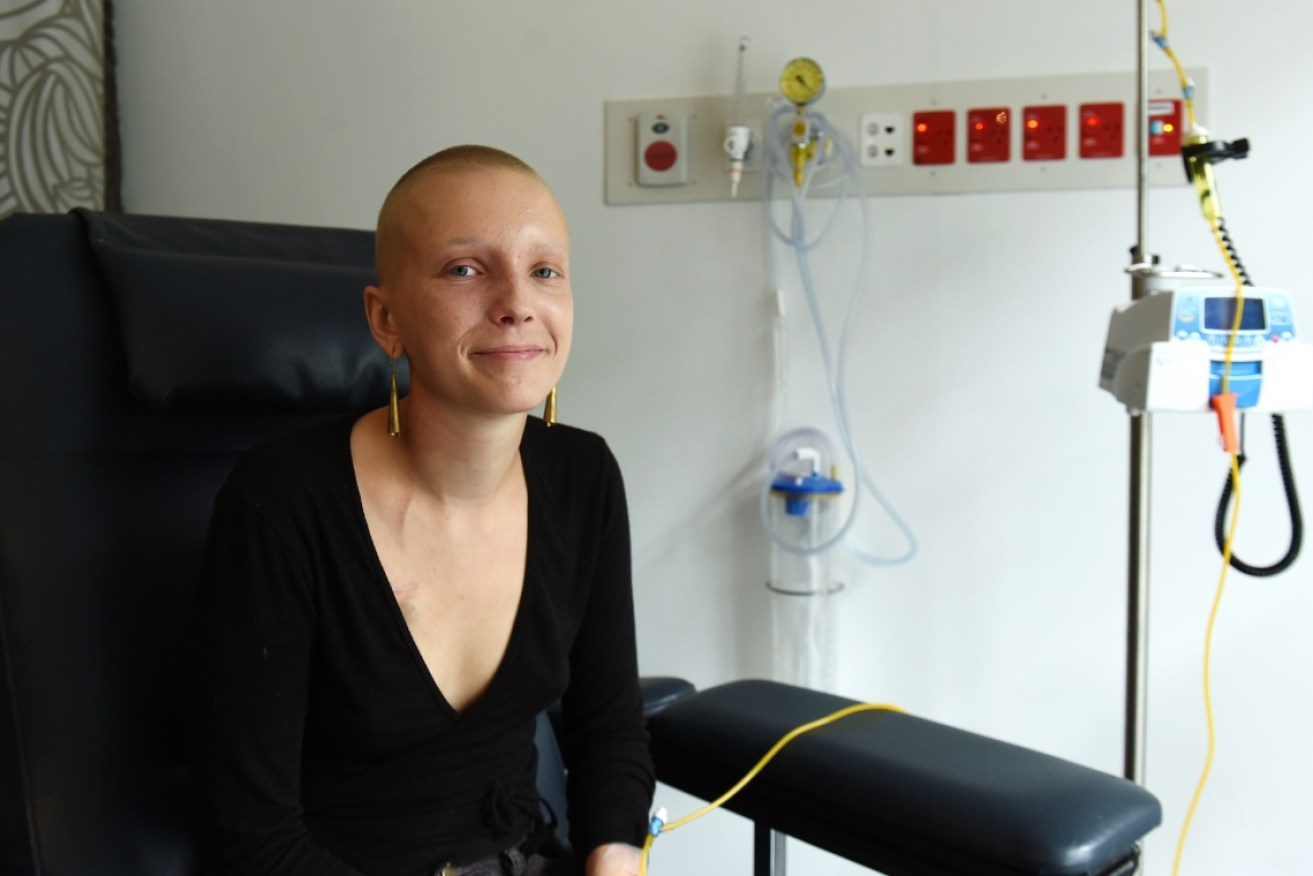Cancer diagnosis of young Australians on the rise

Two to three teens and young adults are reportedly diagnosed with cancer every day. Photo: AAP
More young Australians are being diagnosed with cancer but survival has improved.
An Australian Institute of Health and Welfare report reveals two to three 15 to 24 year-olds are diagnosed with cancer in Australia every day on average, with melanoma the most commonly diagnosed cancer among this age group.
More than 4800 new cases of cancer were diagnosed between 2010-2014.
In the nearly three decades between between 1985-2014 rates of cancer had risen.
The rate of cancer rose from 283 new cases per million in 1985-1989 to 308 new cases per million in 2010-14, according to the data released on Wednesday.
Cancer Council Australia CEO, Professor Sanchia Aranda says while a cancer diagnosis in the young is still considered rare, the rise is concerning.
“It’s possibly related to an increased exposure to things like environmental carcinogens. We still have young Australians smoking and we know some cancers are related to that,” Professor Aranda said.
Melanoma accounted for about 15 per cent of all new cancer diagnoses, followed by gonadal germ cell cancer and Hodgkin Lymphoma.
Despite melanoma being the most common cancer, the numbers have almost halved.
Rates of the skin cancer fell from 96 cases per million to 44 cases per million.
“It’s gone down considerably, which is good news and that’s consistent with the reduction in melanoma rate in the under 40s,” Professor Aranda said.
Overall, cancer was responsible for almost nine per cent of all deaths in young people.
Brain cancer was the leading causing of deaths, accounting for 18 per cent of deaths from cancer in 2011-2015.
The other good news is that cancer survival has improved, Justin Harvey from the Australian Institute of Health and Welfare said.
“Almost nine in 10 (89 per cent) young people had survived five years past their cancer diagnosis in 2010-2014, up from eight in 10 (80 per cent) in 1985-1989,” he said.
There are many positives to take from the report, Professor Aranda says.
But, she says, young Australians should not to become complacent about sun protection and cervical cancer screening.
“We want to remind young girls that at the age of 25 they should be making their first appointment to get a HPV test because at the moment those invitations are not going out,” she said.








